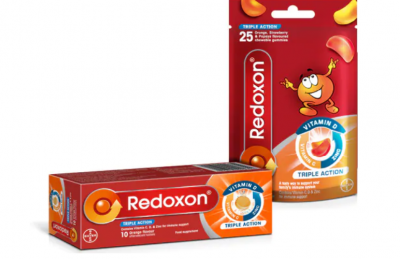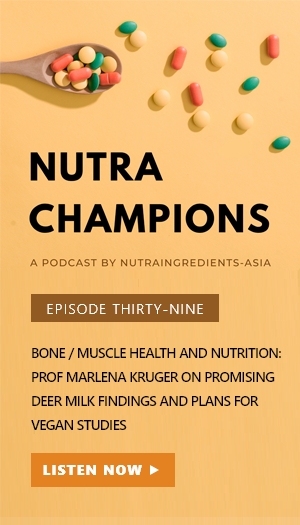Persistent vitamin D deficiency common in breastfed infants: HK study reveals urgency for policy intervention

Vitamin D is crucial for regulating calcium and phosphate metabolism in the body, and global studies indicate a higher prevalence of vitamin D deficiency among children from African, Asian, Turkish and Moroccan backgrounds when compared to Western ethnic groups. Factors affecting vitamin D levels include geographical location, seasons, skin pigmentation, and diet.
Earlier studies in Hong Kong have highlighted significant rates of vitamin D deficiency and insufficiency among infants and pregnant women. Recommendations suggest a daily 400 IU of vitamin D each for healthy infants, with higher doses recommended for those with deficiencies. Furthermore, despite breastfeeding promotion efforts, breast milk alone does not provide adequate vitamin D, especially in regions like Hong Kong.
Less than D-lightful results
In 2019, the Hong Kong Department of Health commissioned a study to assess vitamin D status among infants, toddlers, and pregnant women. The study, conducted by the Department of Paediatrics and Adolescent Medicine at The University of Hong Kong, shed light on the prevalence of persistent vitamin D deficiency among otherwise healthy infants, particularly those being exclusively breastfed. It also aimed to assess the natural history of vitamin D deficiency in infants and identify associated factors contributing to its persistence.
Between 1 January 2019 and 31 December 2021, the researchers followed 131 subjects (of whom 66% were boys) at six major Maternal and Child Health Centres (MCHCs) and seven hospitals in Hong Kong, with their first serum 25(OH)D test conducted at a median age of 87.5 days. None of the infants received high-dose vitamin D supplements but some were administered vitamin D at the recommended 400 IU each daily.
Using the gold standard method of liquid chromatography-tandem mass spectrometry, the study defined vitamin D deficiency as a 25(OH)D (25-hydroxy vitamin D) concentration of below 25 nmol/L and insufficiency as 25 to 49.9 nmol/L. Infants and toddlers with insufficiency were advised to take over-the-counter vitamin D supplements, while those with deficiency were referred for further management and assessment by paediatric endocrinologists.
Upon reassessment at a median age of 252.5 days, 15 infants continued to exhibit persistent vitamin D deficiency, while 26 fell into the insufficient range. Notably, none of the participants exhibited clinical signs of rickets, a condition associated with severe vitamin D deficiency.
One girl, however, was found to have biochemical rickets. She had been exclusively breastfed and not supplemented with vitamin D. Her serum 25(OH)D levels were extremely low and she exhibited symptoms such as hypophosphatemia, hyperphosphatasia and secondary hyperparathyroidism. However, her condition improved significantly with high-dose vitamin D treatment.
Further analysis revealed that among the children who had been exclusively breastfed, 27% had persistent vitamin D deficiency. As such, the researchers identified exclusive breastfeeding and a lack of neonatal vitamin D supplementation as significant risk factors for vitamin D insufficiency, with adjusted respective odds ratios of 22.4 and 4.2.
Recommendations, supplementation and conclusion
The study's policy recommendations advocated for universal vitamin D supplementation for infants in Hong Kong. Key points supporting this recommendation included the prevalence of vitamin D deficiency among exclusively breastfed infants, the benefits of the recommended intake of 400 IU daily and the necessity of serum 25(OH)D measurement for accurate assessment.
Other supporting factors included the risk of vitamin D deficiency due to limited sunlight exposure, as well as and the significant impact of maternal vitamin D status on foetal health. However, infants with vitamin D deficiency require a significantly higher dosage of 2000-3000 IU daily to address the deficiency.
The researchers concluded: “Persistent vitamin D deficiency is common among infants who are exclusively breastfed and those who did not receive vitamin D supplementation — and hence, measurement of serum 25(OH)D concentration — should be considered to guide the subsequent management.
“On the other hand, vitamin D deficiency is common among infants in Hong Kong. Policy on universal vitamin D supplementation on infants on breastfeeding, starting shortly after birth, should be implemented to prevent vitamin D deficiency.”
Source: National Center for Biotechnology Information
“Natural history of infants with vitamin D deficiency in Hong Kong”
https://doi.org/10.6133/apjcn.202312_32(4).0004
Authors: Joanna Yuet-Ling Tung, et al.


















